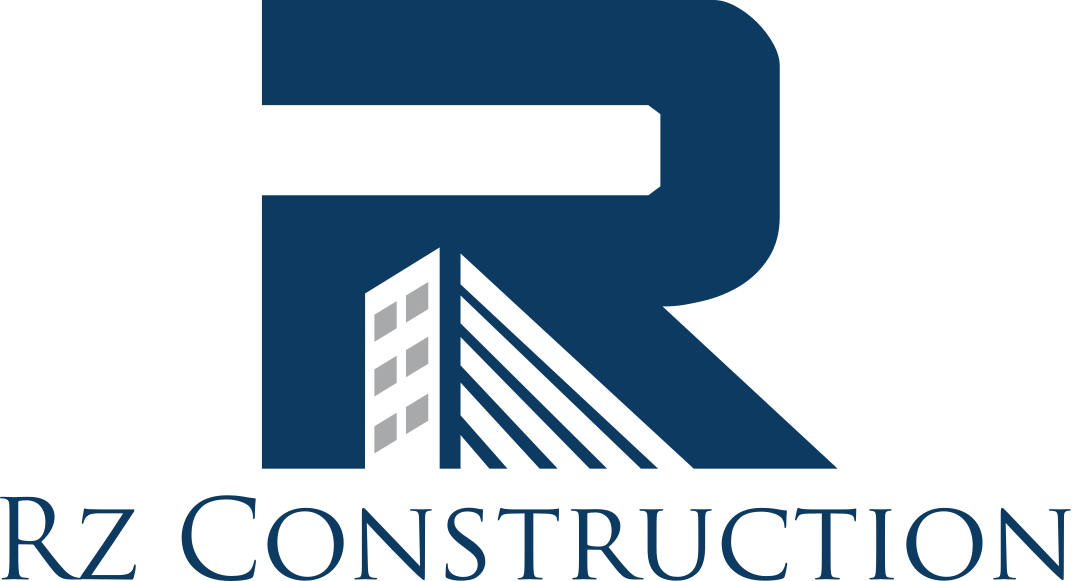If you own a building, it is important to understand the laws and regulations. Local Law 11 is a very important and big deal. The Facade Inspection Safety Program (FISP) requires owners of buildings over six stories to inspect their exterior walls and appurtenances every five years.
Have you ever wondered what happens when loose masonry elements fall? They can cause injuries to people walking by and damage other properties, which is why local law was created. Local Law 10 was created and was moderately successful, but as accidents increased, a stricter version of Local Law 10, Local Law 11, was introduced. Local Law 11 is also known as the Facade Inspection and Safety Program (FIPS).
What Happens During Local Law 11 Inspection
Inspections are done by professional general contractor, also called QEWI. They are carried out by a New York state-registered architect or a licensed professional engineer with at least a year of experience.
The inspector examines the sides of the building, looking for loose bricks, cracks, and any other indications that the façade may be deteriorating.
What happens if A Violation Is Found
Once the inspection is done, if there happen to be any signs of deterioration and risk of safety, three designations are assigned: SAFE, UNSAFE, or Safe with repair and maintenance program.
If a building is classified as SAFE, then no work is needed. Unsafe buildings need to be addressed immediately without fail. Normally, measures are taken within 30 days, but if extra time is required, then a qualified exterior wall inspector can file for an extension of up to 90 days.
If an unsafe condition is not corrected within the timeframe, the DOB can impose a fine of $1000 per month and an additional monthly penalty based on the amount of scaffolding needed until the issue is resolved.
Fines and penalties for non-compliance
The cost of filing initial and amended FISP is inexpensive when compared to the penalties for not filing. Failing to file can lead to a $5000 fine and an additional $1000 each month after the deadline. This can add up quickly and make it worse for the owner, implying that staying compliant with FISP regulation is not just about avoiding fines but also about protecting your investments and ensuring the safety of the people.
How Local Law 11 keeps the society safe
If you happen to live in a building with six or fewer stories, do not worry—you don’t have to deal with the law. It only applies to buildings with over six stories but you are responsible for addressing hazards such as cracked masonry or loose bricks.
Local Law 11 ensures that building facades are inspected and maintained. The law requires inspections every five years. If these issues are not addressed, they can pose a huge risk to the public, causing accidents and injuries.
The law is structured for regular inspection and repair, which helps avoid accidents and keeps the streets safe. Local Law 11 protects both pedestrians and the structural health of the bulking.
